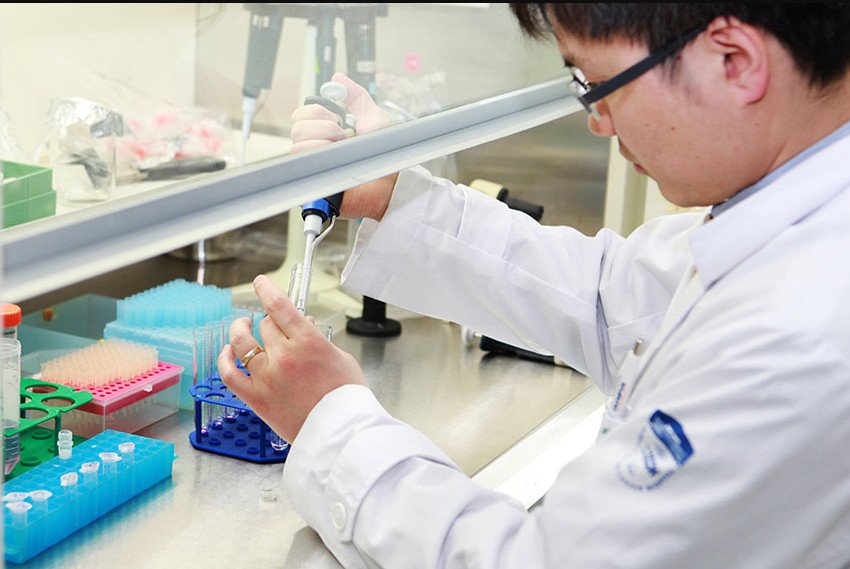Majors(by List)

- Main CampusKorea Institute of Radiological & Medical Sciences
- Participating Campus
- Number of Students 0
- Number of Faculty0
Introduce
Radiological & Medical Sciences is a cutting-edge discipline based on the application of modern physics in the medical field. It employs a multidisciplinary approach, encompassing biology, chemistry, physics, and medicine, to study methods for diagnosing and treating diseases. This field explores the physical properties and biological effects of radiation, develops radiopharmaceuticals for clinical use, and investigates the effects of radiation on cells and tissues to create new pharmaceuticals. Additionally, it provides foundational knowledge on various equipment used in both preclinical research and clinical applications, enabling students to conduct research utilizing these technologies.
Specialization
Biomedical Science is an interdisciplinary field that integrates biology, chemistry, physics, and medicine to diagnose and treat diseases. It focuses on the scientific understanding of disease mechanisms and conducts research spanning the entire process, from basic research to the final clinical application in treating intractable diseases. This includes the development of radiopharmaceuticals, radiation therapies, new drug development, and clinical research involving patients. The program provides a strong academic foundation in these areas, emphasizing the importance of multidisciplinary research and its application in advancing medical treatments.
This major is a biomedical engineering field that applies advanced technologies for precise diagnosis and treatment in radiological medicine. It offers specialized education in areas such as radiology, medical physics, medical accelerators, radiation-generating devices, and related applications, with the goal of cultivating top-tier biomedical engineers specializing in radiological technology.
Radiation Emergency Medicine is a crucial field focused on protecting lives in the event of unexpected radiation exposure due to accidents involving nuclear or radiological materials. A thorough understanding of radiation and its effects is essential in this field. The curriculum covers fundamental knowledge of radiation’s impact on the human body, clinical symptoms and treatment of radiation exposure, radiation dose assessment to measure accurate exposure levels, and the risk of radiation-induced diseases. Students gain foundational knowledge necessary for emergency medical response in radiation accidents. This program directly contributes to training first responders in the military, police, and fire departments, as well as radiation emergency response personnel at nuclear power plants and other radiological facilities. It also plays a broader role in enhancing safety management for professionals in the nuclear industry, radiological sectors, healthcare, and research fields.